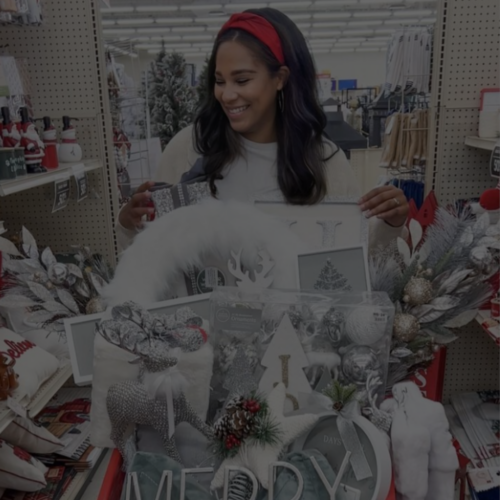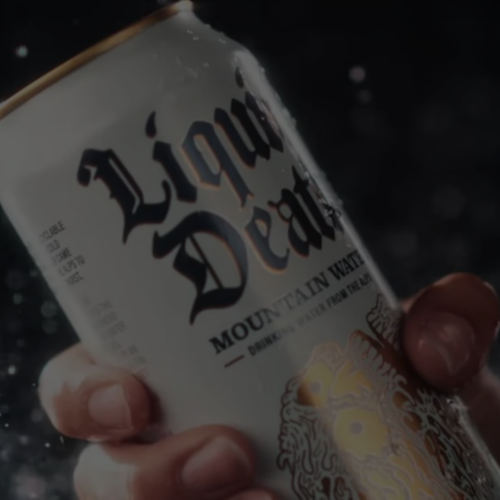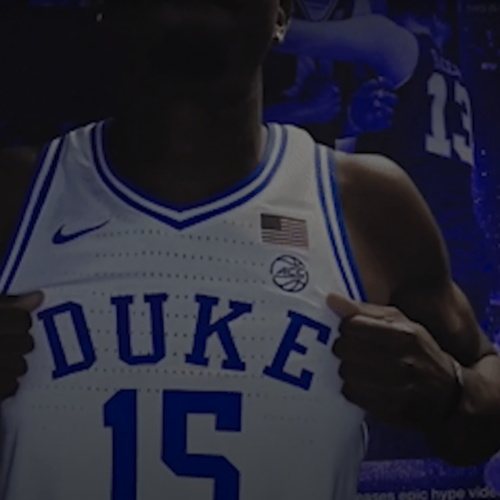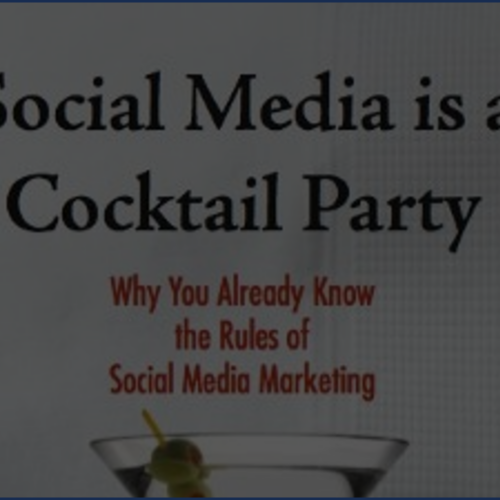26 Jul Facebook’s Platform “Fail”, Who Dominates Social TV and Brand Engagement | Social You Should Know
I had a tough time narrowing down to just three things this week, as it was a busy one in social media land. Let’s jump right in.
Facebook’s “Gigantic Missed Opportunity”
Facebook reported huge growth in Q2, with the stock growing yesterday by nearly 30%, and mobile ad revenue was a big part of the success. But the best article I’ve read in six months talks about the huge opportunity Facebook missed when it backed off of the “platform strategy” they unveiled in 2007. The article is long, but fascinating as a way to understand how Facebook operates and how frustrating that can be for people who work in their ecosystem, because things continually change. Speaking of change, folks were excited early in the week that fans who like a page were being asked to routinely get that page’s updates (Yeah, reach!). Great news, except it was just a test. A test that is now over.
Twitter is the Place for Social TV? Not So, Says New Research
Twitter won the Super Bowl and, ever since, the default thinking in the industry is that Twitter is where social TV conversations happen. In fact, Twitter this week rolled out new ad products designed to show tweets to people most likely to have seen a specific TV ad. But Facebook actually dominates TV conversation, says new research, with about five times the volume. It seems that Facebook does particularly well with broadcast TV and Hispanic programming, while Twitter does very well with TV news and live events, such as sports (thus the Super Bowl). With ad dollars at play, this battle will continue.
Brand Engagement? Hashtags May Not Help, but Sales Do Follow
The automotive industry is number one (by far) in terms of social media engagement, according to new research from Simply Measured. (We like to think that’s because of our work with Chrysler Group brands.) Beverages, however, don’t do particularly well and others, like restaurants and alcohol, are in the middle of the pack. Photos continue to do best for engagement, but hashtags do not increase engagement. (Having said that, I don’t believe there is any way to measure if people are clicking on those hashtags–yet.) At the same time, another piece of new research found that four in 10 social media users have bought something after liking it or sharing it, and that 68% of Facebook users are “lurkers” who mostly read, so their purchases will not be trackable using traditional analytics.
That’s a lot, so I’ll just end with a note that LinkedIn is getting in the paid content game. Enjoy the weekend.






